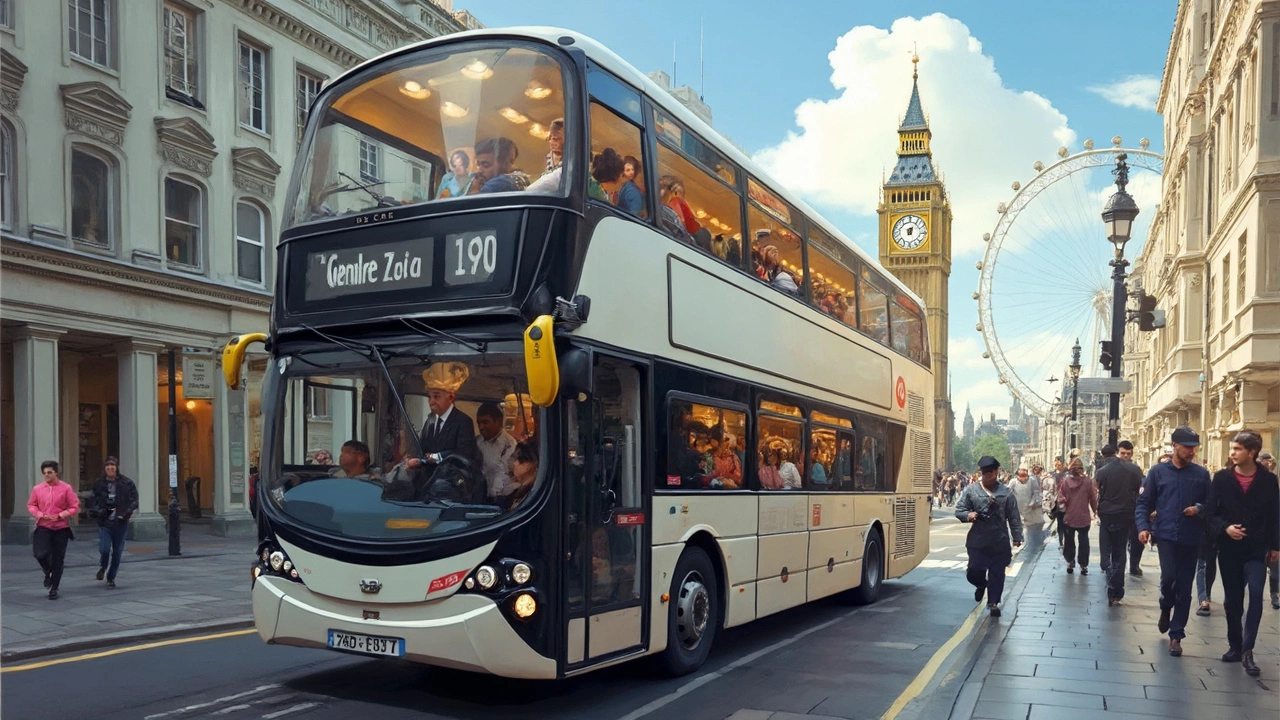PCV driver – your quick start guide
Thinking about driving a public service vehicle (PCV) in the UK? You’re not alone. Many people want a stable job that keeps the wheels turning in cities and towns. This guide breaks down the steps, the everyday habits, and the safety tricks you need to hit the road with confidence.
First off, know the type of licence you’ll need. A PCV driver usually requires a Category D licence, which you can add to a full car licence. You'll also need a CPC (Certificate of Professional Competence) if you plan to work for a bus or coach company. The paperwork might sound heavy, but each part has a clear purpose – it proves you can handle larger vehicles and keep passengers safe.
Getting the right licence
The journey starts with the theory test. It covers traffic rules, vehicle dimensions, and safety checks. Study the official Highway Code, take a few practice quizzes, and you’ll feel ready. When you book the test, pick a time when you’re relaxed – early morning slots often mean a quieter centre.
After you pass theory, you’ll move to the practical test. This includes a vehicle safety inspection, a maneuvering section, and an on‑road drive. Practise the inspection steps at home: check lights, brakes, tyre pressure, and fuel levels every day. Repeating the routine makes it second nature when the examiner asks you to show it.
If you already have a full car licence, you can start the D licence training straight away. Many schools offer intensive courses that combine theory, practical driving, and CPC training. Look for a school with good reviews and a transparent fee structure – no hidden costs.
Everyday tips for safe driving
Once you’re licensed, the real work begins. Keep your focus on the road at all times. Small distractions, like checking a phone or adjusting the radio, can turn into big problems in a heavy vehicle. Use a checklist before each shift – mirrors, seat position, and blind‑spot checks should be done in the same order every time.
Driving a PCV means you’re responsible for passengers. Make sure they feel safe by announcing upcoming stops, using clear signals, and driving at a comfortable speed. If you ever feel nervous, take a few deep breaths and remember the training you’ve already completed. Confidence builds with every kilometre you log.
Fuel efficiency matters too. Keep the engine at moderate revs, avoid rapid acceleration, and use the highest gear possible without lugging the engine. This not only saves money but also reduces wear on the vehicle.
Vehicle maintenance is part of the job. Report any strange noises, brake squeaks, or warning lights immediately. A well‑maintained bus or coach is less likely to break down and keeps you on schedule.
Finally, think about your career path. Many PCV drivers move into supervisory roles, training new drivers, or even route planning. Keep your CPC up to date with regular refresher courses, and stay aware of any changes in traffic laws or vehicle technology.
Becoming a PCV driver is a mix of paperwork, training, and daily habits. Follow the steps, stay safe, and enjoy the sense of getting people where they need to go. With the right mindset, the road becomes a place you can master, not just a job you do.
- March 8 2025
- 0 Comments
- Rowan Cavendish
What is a PCV Driver? Unlocking the World of Passenger Carrying Vehicles
Looking to become a PCV driver? Find out what it takes to handle passenger-carrying vehicles safely and efficiently. We'll cover the essentials, from the skills needed, to the types of licenses required, and some handy tips to get started. Discover the opportunities and challenges of driving buses, coaches, and minibuses. Explore the lifestyle and responsibilities of a PCV driver.
- Driving Lessons (43)
- Driving Test Tips (34)
- HGV Training (32)
- Driving Test Booking (28)
- Driving Licence Renewal (26)
- Driving Theory Test (22)
- Intensive Driving Course (20)
- Pass Plus Course (15)
- Driving Tips (15)
- Driver Licensing (14)
Categories
- February 2026 (7)
- January 2026 (13)
- December 2025 (15)
- November 2025 (13)
- October 2025 (21)
- September 2025 (5)
- August 2025 (8)
- July 2025 (30)
- June 2025 (30)
- May 2025 (30)
- April 2025 (31)
- March 2025 (30)
Archives
- driving lessons
- driving test
- driving tips
- intensive driving course
- driving test tips
- HGV training
- driving theory test
- learn to drive
- driver training
- pass driving test
- driving test booking
- HGV driving
- road safety
- Virginia driving test
- driving license renewal
- Virginia driver's license
- learner drivers
- safe driving
- driving license
- learning to drive

